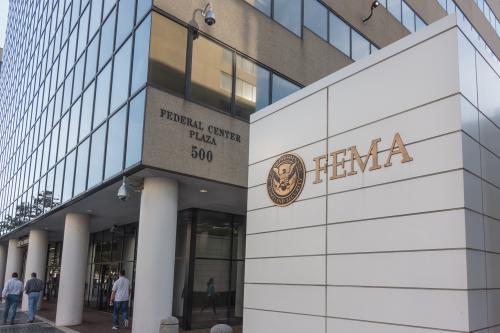The inability of our political system over the past decade to enact immigration reform has left a status quo that satisfies virtually no one. Businesses worry about not getting enough highly skilled workers. Laborers complain about competing for jobs with new arrivals and being forced to accept lower wages. Farmers fret about barriers to bringing seasonal workers to the United States. Higher education institutions are unhappy because of difficulties obtaining educational visas for international students. Many Americans are angry that porous borders allow potential terrorists and unauthorized immigrants to enter the United States; that undocumented individuals receive social and financial benefits in the form of education, emergency care and public assistance. Still others feel that government enforcement is selective, and creates inequities in how various groups are treated.
This brief explores how America’s new political landscape offers hope for action on immigration, even with an economy mired in recession. Just as policy-makers have done on other contentious policy areas, such as tobacco regulation and gun control, tough choices must be made that reconcile competing goals. New federal policy will require a new immigration narrative, bold and innovative ideas and a determination to overcome major obstacles to action.
The nation’s growing Latino factor—now 15 percent of the U.S. population—will increasingly counter the rhetoric that favors strict border controls and workplace raids. Some recent shifts in immigration positions, such as union federations announcing willingness to compromise, also brighten the outlook. Despite the hopeful signs, immigration still evokes economic, social, political and cultural obstacles that must be overcome if congressional reform is going to be effective.
Background
The Secure Borders, Economic Opportunity and Immigration Reform Act of 2007, a compromise bill strongly favored by a sitting president, failed when lawmakers could not resolve political differences among various constituencies. Among President Bush’s party, only 11 of 49 members supported his position on the key Senate cloture vote, 12 fewer than the number who had backed a similar measure the prior year. In the final two years of their majority, House Republican leaders ignored their president and refused to bring anything other than punitive measures to the floor. Arguments over immigration bogged down over real and perceived impact of new arrivals on American economic and social life. Because the subject touches on delicate issues of family, education, social order, service delivery, culture, language and national character, it is hard for elected officials to bridge competing viewpoints. The legislation failed because of polarized institutions, combative media coverage, complex and shifting public opinion and the real challenge of enforcing borders.




